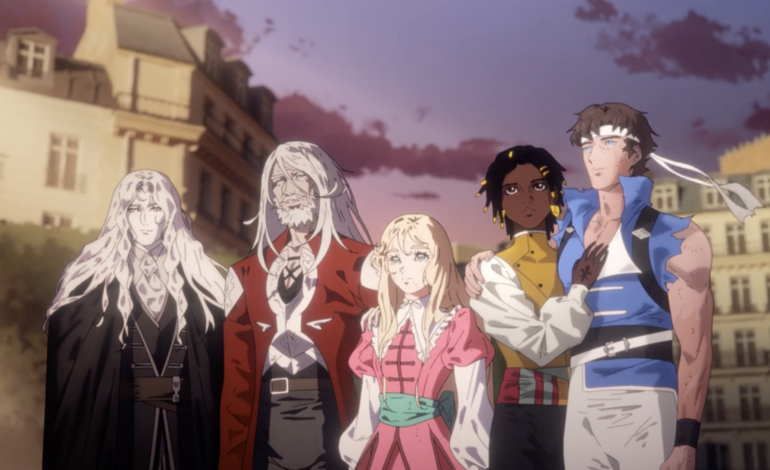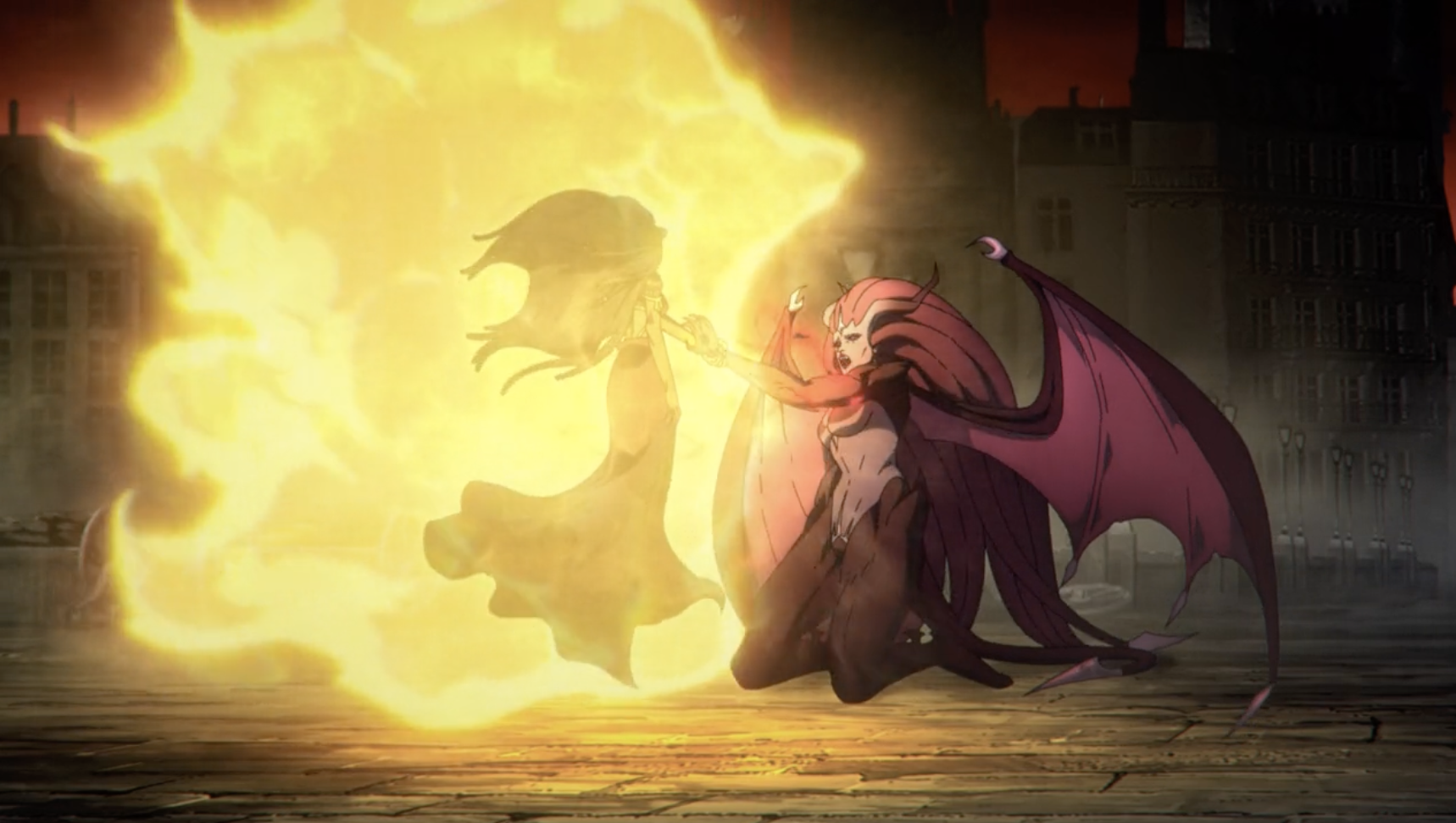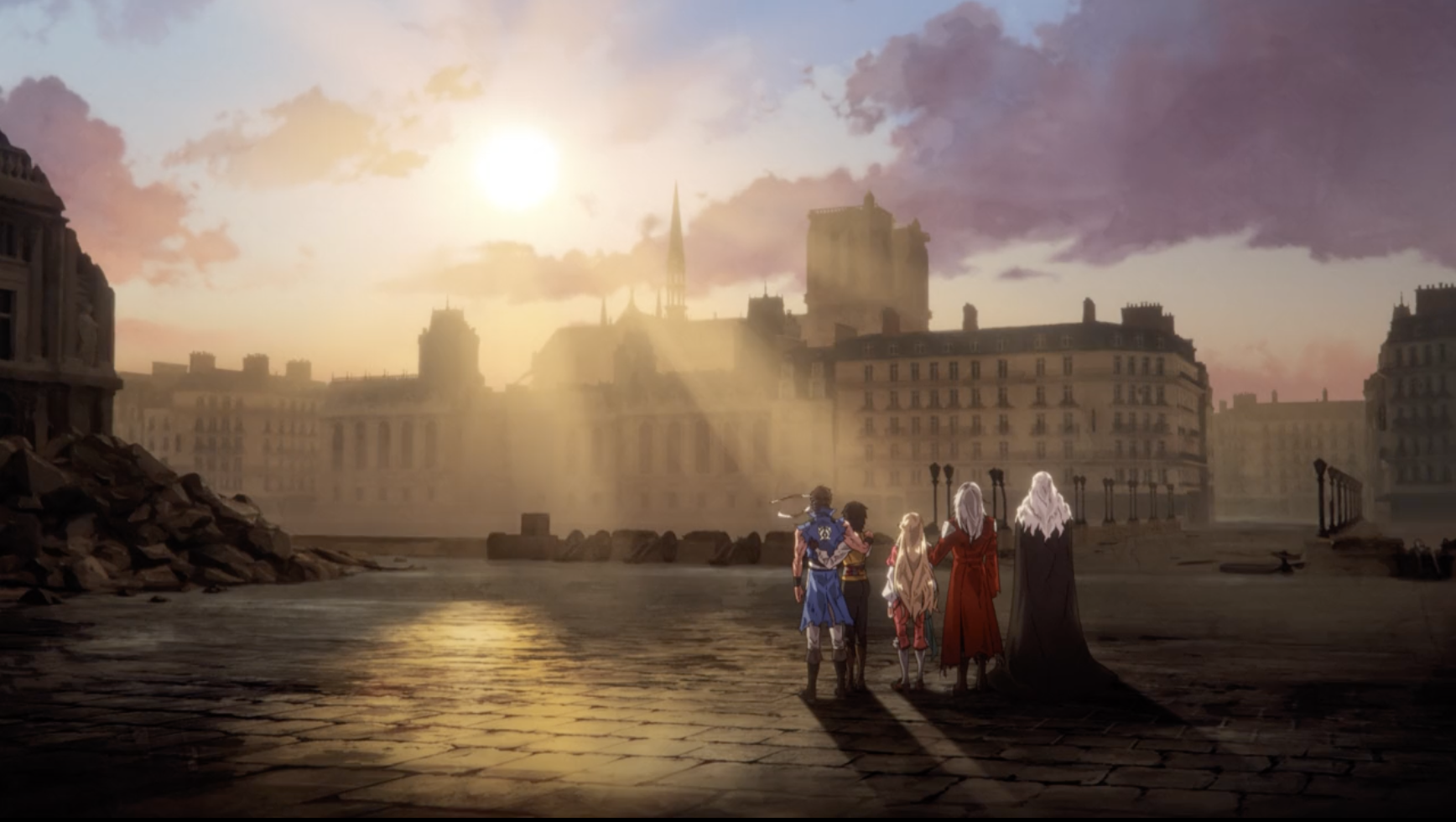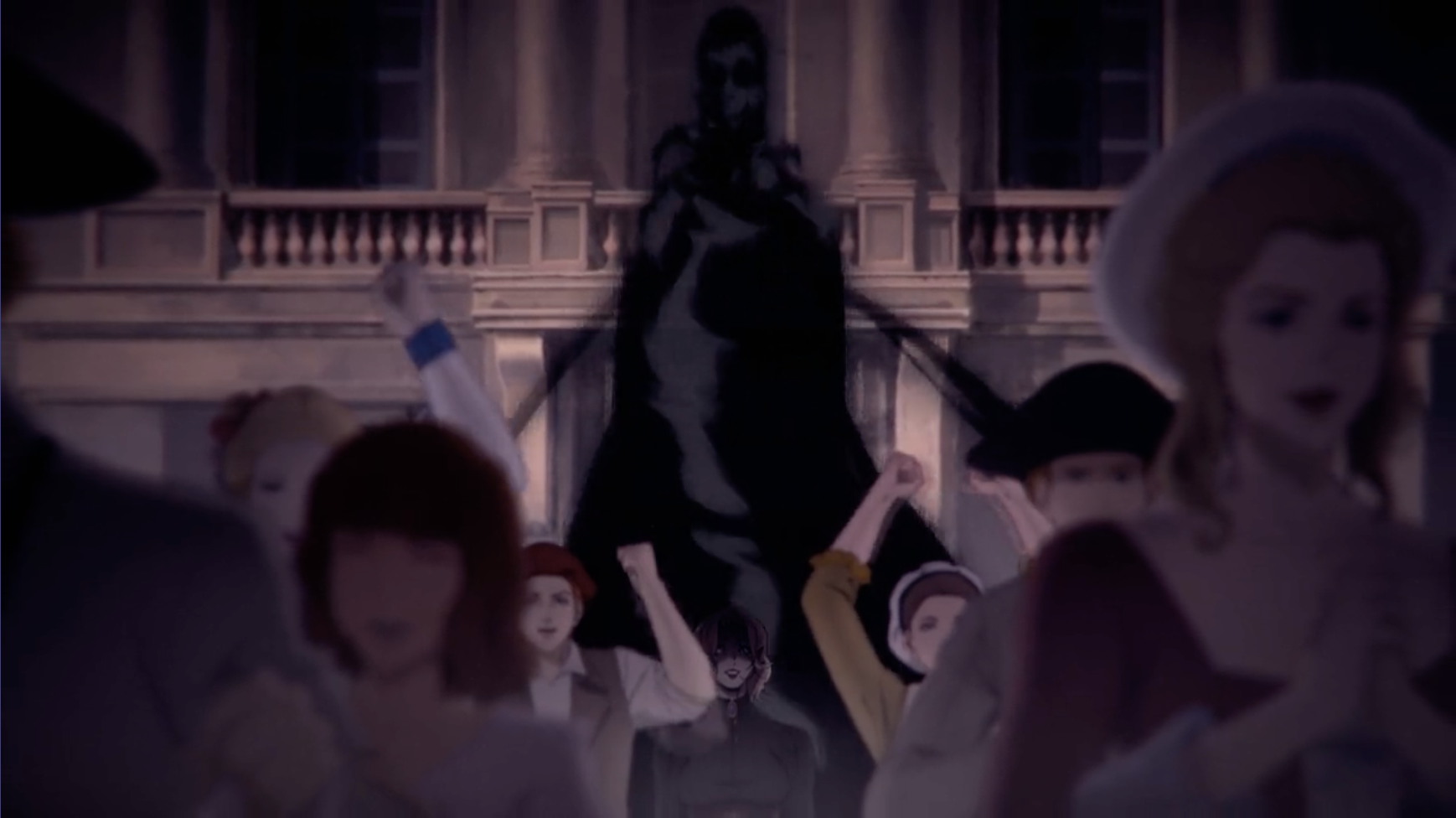

Season 2, Episode 8, titled “A Line of Great Heroes”, directed by Sam Deats and Adam Deats, and written by Clive Bradley, concludes the series with Drolta’s defeat and the disbandment of Team Belmont as the heroes go their separate ways. Despite some flaws in the writing, the series has been thrilling, with every major plotline paying off and each hero’s character arc reaching a satisfying resolution. The protagonists have been tested in their fight against evil, each overcoming their struggles in unique ways, allowing them to move forward and find peace.
This episode explores the theme of heroism. Team Belmont fights against evil not for personal gain but because it is the right thing to do. However, the show makes a critical distinction: while it is just to battle evil, it is equally important not to adopt the enemy’s ruthless tactics. Becoming the very force one seeks to destroy ultimately defeats the purpose of fighting in the first place. Although such an approach may yield practical results, it also risks eroding the hero’s morality and soul, turning them into the same kind of monster they opposed—either in a subtler way or in an even more destructive manner. The episode also emphasizes that despite their heroic deeds, the protagonists are still human. They deserve rest and the chance to experience happiness, love, wisdom, and contentment beyond the battlefield.


Light Triumphs Over Darkness
Drolta Tzuentes (Elarica Johnson), empowered by two fragments of Sekhmet’s soul (Thuso Mbedu), usurps Erzsebet Bathory’s position as the new vampire messiah. However, her triumph is short-lived as she is ultimately defeated by the combined efforts of Richter Belmont (Edward Bluemel), Alucard (James Callis), Olrox (Zahn McClarnon), and Sekhmet herself.
Sekhmet, the Goddess of Healing, gradually reunites all three parts of her fragmented soul before confronting Drolta. She tells Drolta that she was never truly acting on divine will but had merely deluded herself into believing so, justifying centuries of atrocities in the goddess’s name. Hearing this from the very deity she worshiped shatters Drolta’s resolve, forcing her to realize that her crusade was meaningless.
Stripped of power, broken, and driven mad, Drolta meets her end when Richter kills her. She dies not as a devoted priestess of Sekhmet but as a pitiful creature of Hell, her true master. And to Hell she shall return, facing her second and final death.
With her soul fully restored, Sekhmet departs for the Duat, her scales finally balanced after millennia of separation. Her return allows Annette (Thuso Mbedu) to reclaim her body and celebrate the hard-fought victory with her friends. Before the celebrations begin, Richter allows Olrox to leave but vows to kill him the next time they cross paths. Olrox accepts this, and then returns to his inn, where he saves a dying Mizrak (Aaron Neil) by turning him into a vampire.


Team Belmont’s Victory
Following their triumph, Team Belmont part ways, splitting into two groups: Alucard, Juste (Iain Glen), and Maria (Pixie Davies) remain in Paris, where they plan to fight for the French Revolution. Richter, Annette, and Edouard (Sydney James Harcourt) set sail for Saint-Domingue.
This division mirrors the events of Castlevania Season 2, where Trevor and Sypha left Alucard behind after Dracula’s death, only to reunite in Season 4. A similar reunion could happen in Nocturne’s future seasons.
Before they separate, Alucard tells Juste and Maria of his desire to settle down and lead a normal life—perhaps even start a family. This hints at his potential romantic relationship with Maria, a controversial topic among fans due to the significant age gap between them in the games. Many critics of this relationship argue that it paints Alucard in an uncomfortable light, making him appear as a groomer.
Meanwhile, aboard the ship to Saint-Domingue, Richter and Annette reaffirm their love for each other, solidifying the continuation of the Belmont bloodline. This marks a major power shift for the Belmonts, much like Trevor and Sypha’s union strengthened the family with Speaker magic. However, Richter and Annette’s bond adds an even greater supernatural element, as her demigod heritage further elevates the Belmont bloodline into one of divine lineage.


Season 3 Theory: The Future of Nocturne
Where does the show go from here? It’s likely Castlevania: Nocturne will continue for at least four seasons, mirroring the original Castlevania series. In the previous series, Dracula’s defeat at the end of Season 2 allowed the heroes and villains alike to explore their personal struggles in the aftermath. These struggles reshaped characters like Isaac, helping them find peace and closure in their suffering. A similar trajectory may await the protagonists and antagonists of Nocturne.
One plausible theory is that Season 3 will center around vampires and the moral complexities of their existence. This could be explored through Tera and Mizrak, who may struggle with their new vampiric nature while learning to live as more than monsters under Olrox’s guidance. This arc would naturally converge with Richter, Annette, and Edouard in America, as Olrox himself would eventually need to return home. Meanwhile, Alucard, Juste, and Maria could find themselves embroiled in the horrors of Robespierre’s Reign of Terror.
However, every season needs a compelling antagonist. Nocturne’s next villain could play a role similar to Carmilla and Death in the original Castlevania—major threats that emerged after Dracula’s downfall. While Richter and Olrox’s inevitable rematch has been teased, the primary antagonist of Season 3 may be Mephistopheles, the dark spirit still lurking in Paris.
Mephistopheles, a sinister force with an interest in corrupting the righteous, may set his sights on Tera as his next target. Unlike Death, who was a straightforward villain, Mephistopheles could be more layered—perhaps akin to Heath Ledger’s Joker in The Dark Knight. He might not simply seek destruction but rather delight in proving that even the purest souls are susceptible to corruption. His enjoyment of the abbot Emmanuel’s downfall, Maria’s near descent into darkness, and the suffering of Mizrak and Tera suggests he thrives on moral decay.
If Season 3 indeed explores the theme of redemption, Mephistopheles could serve as the perfect foil. His presence would challenge the notion that even those who have committed evil—like vampires—can reclaim their humanity and find a path toward goodness.
Rating: 9/10

